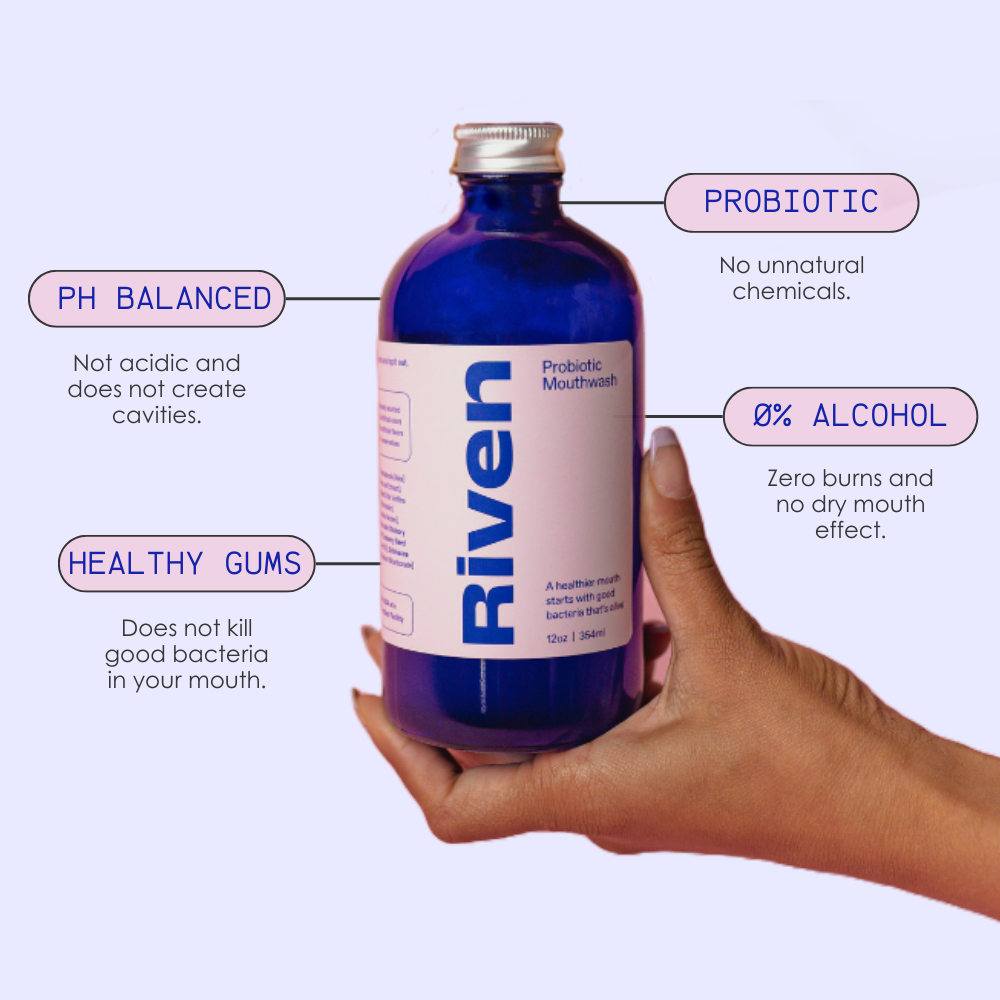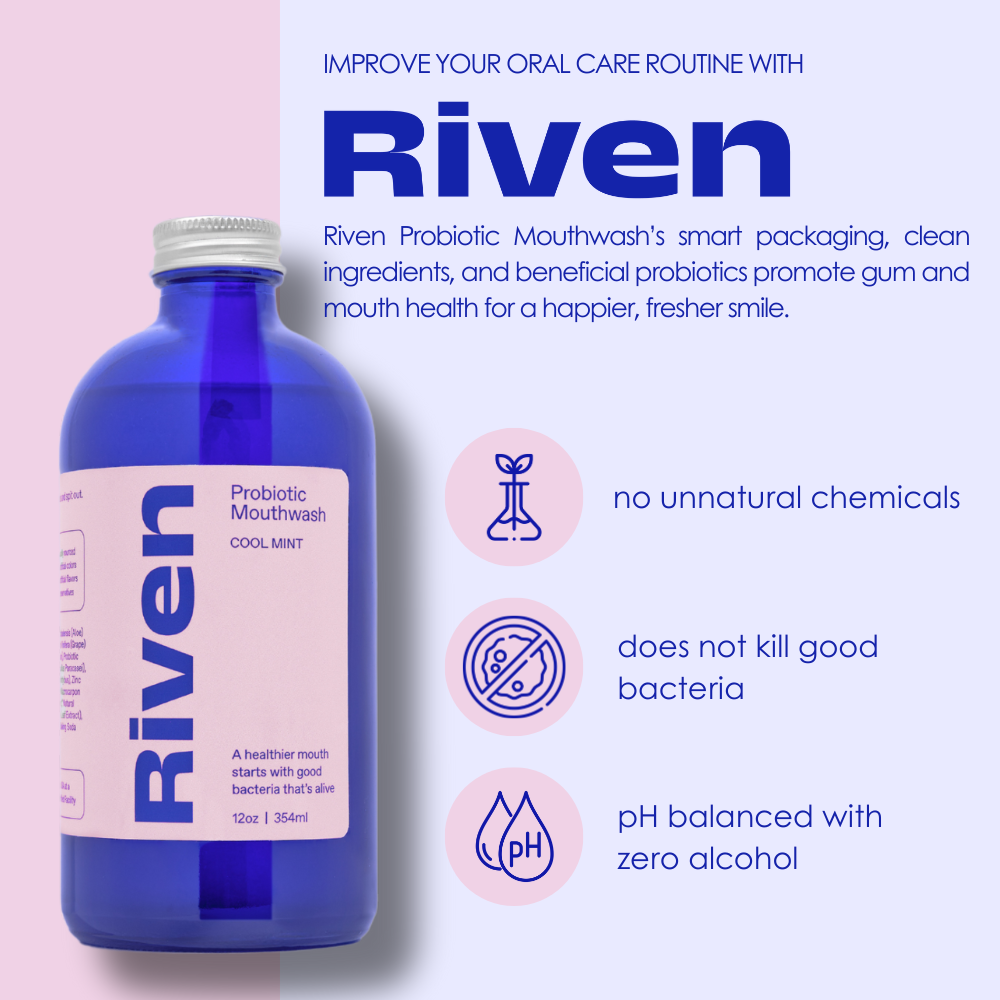Oral hygiene plays a critical role in overall health, with the foundations for lifelong habits established during childhood. As parents, it's crucial to lead our children in developing these routines. Here's a comprehensive guide to ensure your child starts with a strong foundation for a healthier mouth.*

Start Early
For the first dental visit, bring your child to the dentist when their first tooth emerges or by their first birthday. This initial visit introduces them to the dental environment, covering oral hygiene basics, tooth and tissue checks, teething advice, and discussions about lip or tongue ties.
- Toothpaste Dosage is Key
Ages 1-3: Use a smear of fluoride toothpaste as tiny as a grain of rice. Kids at this stage may not spit properly, and excess fluoride can lead to dental fluorosis, affecting adult teeth appearance.
Age 3 and above: Increase to a pea-sized amount. If opting for fluoride-free toothpaste, choose one with hydroxyapatite—an ingredient known for strengthening teeth.
- Fluoride vs. Hydroxyapatite: What's the Difference?
Both substances remineralize teeth. Fluoride is the traditional recommendation, while hydroxyapatite is gaining popularity for supporting a healthier oral microbiome with no toxicity. Stick to recommended dosages to avoid excessive fluoride intake.
- Flossing Fundamentals
Start flossing when your child's teeth touch, typically around age 3. By ages 8-10, with initial guidance, they should floss independently.
- Encouraging Brushing Independence
Around age 6, children often have the dexterity for solo brushing. A guideline: if they can tie their shoelaces, they can likely brush alone. However, supervision ensures thorough cleaning.
- Tongue Maintenance
Introduce a tongue scraper around age 6. It helps remove bacteria and debris, promoting fresher breath and improved oral health.
- Diet and Oral Health
Beverages: Avoid sugary drinks like fruit punch pouches and sports beverages. Opt for water; if consuming sugary drinks, limit them to mealtimes using straws.
Snacks: Skip chips, gummies, and dried fruits that stick to teeth and foster bacteria. Opt for cheese, apples, carrots, and celery as plaque-reducing snacks.
Acidic Foods: Nutrient-rich acidic fruits like lemons can erode enamel. Wait an hour after consuming them before brushing to protect enamel. Using straws minimizes teeth exposure to acidic drinks.
Miscellaneous: Avoid chewing ice, which can damage enamel. On the other hand, fiber-rich apples act as natural plaque removers.
- Nighttime Oral Care Ritual
Establishing a nighttime oral care ritual is pivotal in maintaining your child's dental health. Before bedtime, ensure your child brushes their teeth thoroughly. This routine not only removes the day's accumulation of plaque and food particles but also sets the stage for a clean oral environment during sleep.
- The Importance of Regular Dental Check-ups
Regular dental check-ups are the cornerstone of proactive oral health care. Schedule visits with your child's dentist every six months. These appointments provide professional cleanings, thorough assessments, and personalized guidance to address any emerging concerns promptly. Consistency in dental visits fosters a positive relationship with oral health maintenance from an early age.
- Overcoming Dental Anxiety
Dental anxiety is common among children. To ease these fears, communicate openly with your child about dental visits. Choose a dentist who specializes in pediatric care and creates a friendly and welcoming environment. Sharing stories of positive dental experiences can also alleviate apprehensions and ensure a smoother dental journey for your child.
- Encouraging Positive Role Models
Children often emulate the behaviors they observe. Be a positive role model by showcasing diligent oral hygiene practices yourself. Brush and floss together as a family, making oral care a shared and enjoyable activity. This not only strengthens family bonds but also reinforces the importance of maintaining good oral health throughout life.
- Utilizing Interactive Apps and Tools
In the digital age, engaging children through interactive apps and tools can make oral care enjoyable. There are numerous apps designed to teach children proper brushing techniques in a fun and engaging manner. These tools can transform brushing and flossing into an exciting adventure, motivating your child to maintain consistent oral hygiene habits.
- Building Oral Hygiene into Daily Routines
Integrate oral hygiene seamlessly into your child's daily routines. Place toothbrushes and toothpaste in easily accessible areas, and remind your child to brush after breakfast and before bedtime. This consistency reinforces the habit and ensures that oral care becomes an instinctual part of their day.
- Celebrating Milestones
Celebrate your child's oral hygiene milestones to reinforce their accomplishments. Gradually increasing toothpaste amounts or transitioning to more advanced oral care practices can be marked as achievements. Positive reinforcement and small rewards can further motivate your child to continue embracing these habits.
- Addressing Orthodontic Needs
As your child grows, they may require orthodontic evaluation and treatment. Keep an eye out for any signs of misalignment or bite issues, and consult with an orthodontist when needed. Addressing orthodontic needs early can result in more effective and efficient treatment, leading to improved oral health and a confident smile.
In conclusion, cultivating healthy oral hygiene habits in children encompasses a multifaceted approach. From starting early and understanding toothpaste dosage to embracing advanced practices like tongue maintenance and balanced diets, these strategies form the building blocks of lifelong oral wellness. By adding supportive elements like regular dental check-ups, positive role modeling, and interactive tools, you can ensure your child's journey to optimal oral health is not only successful but also enjoyable and memorable.
For more information on fostering a healthier smile, explore these helpful resources:
In conclusion, cultivating healthy oral hygiene habits in children encompasses a multifaceted approach. From starting early and understanding toothpaste dosage to embracing advanced practices like tongue maintenance and balanced diets, these strategies form the building blocks of lifelong oral wellness. By adding supportive elements like regular dental check-ups, positive role modeling, and interactive tools, you can ensure your child's journey to optimal oral health is not only successful but also enjoyable and memorable.





